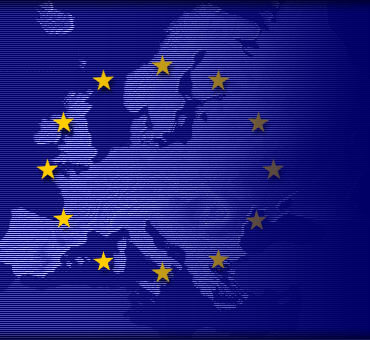EU warms to nuclear power but not to its waste, survey says
 Brussels - European Union citizens are more in favour of nuclear power than they were three years ago, but they are still hostile to nuclear waste and ill-informed about it, a survey released in Brussels on Thursday showed.
Brussels - European Union citizens are more in favour of nuclear power than they were three years ago, but they are still hostile to nuclear waste and ill-informed about it, a survey released in Brussels on Thursday showed.
According to the Eurobarometer poll of some 27,000 residents across the EU, 44 per cent of Europeans are now in favour of nuclear energy, 7 per cent more than in 2005, when the last survey was made.
Italy, Poland, Ireland and Greece have swung particularly strongly in favour of nuclear power, the survey said.
However, 45 per cent of Europeans still oppose nuclear power, a drop of 10 per cent over 2005, the survey added.
The rise in support has been driven by concerns over energy security and climate change, the report suggested, with 63 per cent of Europeans saying they believed nuclear power allowed them to reduce reliance on oil and 62 per cent saying it allowed them to cut greenhouse-gas emissions.
However, Europeans are still very concerned about the risks posed by radioactive waste, with over 80 per cent saying that their greatest concern with nuclear waste storage would be the risk to health or the danger of a leak.
And they remain ill-informed as to the exact risks posed by nuclear waste, the survey said.
Over three quarters of Europeans believe that all nuclear waste is very dangerous, a third think that nuclear waste is produced in amounts similar to chemical waste, half think that nuclear waste is dumped at sea, two-thirds think that some waste is shipped abroad for disposal and seven out of 10 think it is buried, the survey showed.
Those beliefs are all incorrect, the survey said, pointing out that some radioactive waste was classed as being of a "low-level" danger, and only small amounts were produced per year.
Moreover, while waste was shipped to other countries for processing, it was not meant to stay there. At present most nuclear waste was stored in power stations while scientists work out a way to get rid of it safely.
At present, efforts were focused on finding a way to store waste deep underground. Ninety-three per cent of Europeans thought it was urgent to find a solution, the survey said. (dpa)